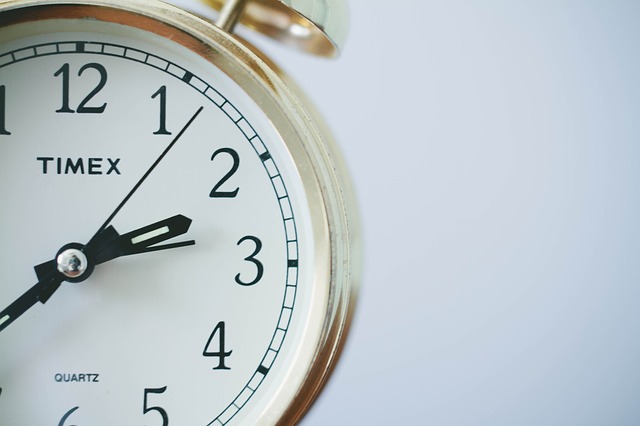Pax Nortona – A Blog by Joel Sax
From the Land of the Lost Blunderbuss
Home - Health - Mental Illness - Bipolar Disorder - The Disaster of Daylight Savings Time
The Disaster of Daylight Savings Time
Posted on March 8, 2015 in Bipolar Disorder Body Language Daylight Savings Time Routine Whines
 I was in the middle of an interesting if not entirely pleasant dream when the the alarm went off. I struggled into consciousness like one struggles to get to the surface when one has plunged too deep into a lake or the ocean, found the alarm, and turned it off. Sleepiness wrapped my head.
I was in the middle of an interesting if not entirely pleasant dream when the the alarm went off. I struggled into consciousness like one struggles to get to the surface when one has plunged too deep into a lake or the ocean, found the alarm, and turned it off. Sleepiness wrapped my head.
I was in this sorry state because the clocks had been set ahead. Eleven o’clock was actually ten o’clock. During the night, a thief mandated by Congress had stolen that hour. I felt terrible and cursed Benjamin Franklin because he was the one who invented Daylight Savings Time.
“It’s a good thing because we gain an hour of sunlight,” someone said to me. No, I pointed out, you have just as much sunlight in each day as you would have had if the clocks hadn’t been set ahead. The same number of hours and minutes were given to us regardless of where the sun was when it was noon. The only thing that had changed was when it would be noon.
DST is the bane of people living with bipolar disorder. Just when we have adjusted our internal clocks to the real time of day, we are forced to jump ahead. Finding your sleep interrupted in its true cycle does not help the mood. Many complain about how it disrupts their or their loved ones’ “circadian rhythm just enough to trigger a chain reaction toward mania.“
Waking up at the earlier hour profoundly afflicts me. My body clock has a certain cycle which DST cleaves into. Circadian rhythms say that it is not yet time to wake up, but I am forced to anyways or I lapse into a different waking schedule that has me arising at a later hour. Everyone thinks of DST as an extra hour in the evening, but it also means one less hour in the morning. 7 a.m., for example, is really 6 a.m. Your body says it is 6 a.m. and you feel like it.
Strong sleep medications are recommended for adjusting to DST and for crossing time zones, but I find they don’t solve the core problem. My inner clock is affixed to the real hours of the day for a long time. Only when the hour falls back do I feel well again.
Three percent of Americans — at least — feel like I do but our health means nothing to the majority who only think of the barbecues and time playing tennis in the park. I think many more do nothing at all with the shift of the clock. They remain strong advocates nonetheless because they have bought into the “extra hour” and cannot see its harm. Or they are unaware of its real effects. I would like to be rid of this Demon, but I have no hope for that — in this state at least. So I deal with the feeling of my eyes turning to the left as they seek the true rhythm that they know is theirs and strive to find in the darkness behind my face.


